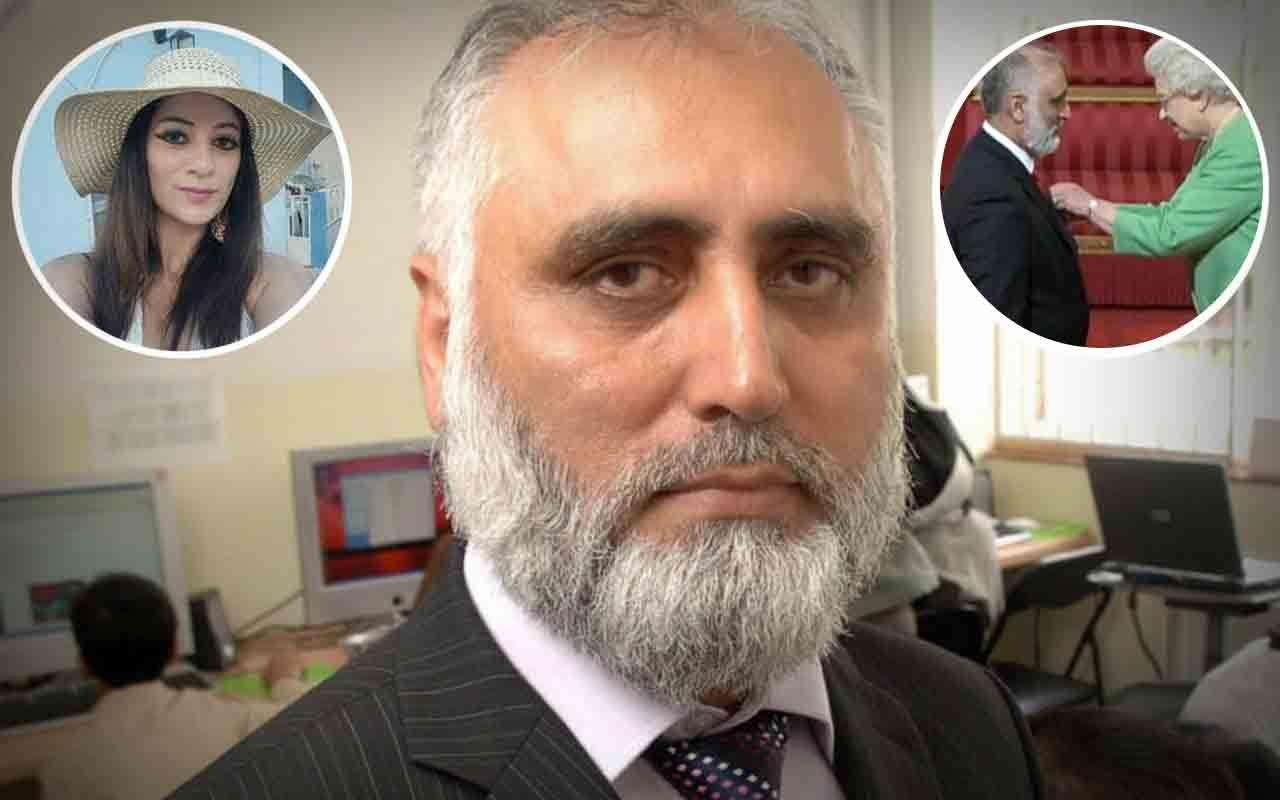Jenrick's Double Standard: Free Speech for Quran Burning, Restrictions for Muslim Women?
Shadow Justice Secretary Robert Jenrick is facing a firestorm of criticism after suggesting he would ban the burqa in Britain, a stance that has been swiftly condemned as "anti-British" and deeply hypocritical given his recent vocal defense of Quran burning on free speech grounds. The controversy has ignited a crucial debate about religious freedom, individual rights, and the very fabric of British society.
Jenrick, a Conservative figure often tipped as a potential successor to Kemi Badenoch, expressed his personal inclination to outlaw the traditional Muslim dress during his 'Ring Rob' programme on Talk. He cited Italy's recent proposals to ban the burqa in public places, adding that there are "basic values in this country and we should stand up and defend them." He went on to conflate the wearing of the burqa with "Sharia courts," suggesting both are "fraying at the edges or frankly being completely destroyed" and must be confronted to "build the kind of society that we want to hand on to our kids and grandkids."
This position stands in stark contrast to Jenrick's fervent support for Hamit Coskun, a man who burned a Quran and was subsequently charged. Jenrick vocally opposed the charge, arguing that criminalizing the act amounted to a "blasphemy law by the back door" and welcomed the recent court decision that overturned Coskun's conviction, championing it as a victory for free speech.
The glaring inconsistency has not gone unnoticed. Critics are questioning how Jenrick can passionately defend the right to burn a religious text as a matter of free expression, yet simultaneously advocate for stripping Muslim women of their right to choose what they wear, framing it as a threat to "basic values." This appears to be a profound hypocrisy: freedom of speech for actions perceived as offensive to one faith, but restrictions on personal choices for another.
Labour MP Sam Rushworth denounced Jenrick's comments as “anti-British” and going “against what our nation stands for.” This sentiment resonates with many who see a burqa ban as an attack on the fundamental human rights and religious freedoms cherished in the UK. For British Muslim women, the decision to wear a burqa or niqab is often a deeply personal and spiritual one, a manifestation of their faith and identity. To suggest its prohibition is not only discriminatory but also undermines the principles of a diverse and inclusive society that Britain prides itself on.
It is particularly striking that Jenrick's own party leader, Kemi Badenoch, has previously rejected a countrywide ban, stating that such a move "won't fix the problem of cultural separatism" and pointing to France's experience where a ban has not improved integration. Even former Prime Minister Theresa May asserted that the government should not dictate what women wear. This indicates that Jenrick's views are out of step with a significant portion of his own party, let alone wider public opinion.
The UK has historically distinguished itself from some other European nations by upholding a robust commitment to religious pluralism and individual liberties. While countries like France have implemented bans on face coverings, the UK has largely resisted such measures, choosing instead to foster an environment where all faiths can coexist and flourish without state interference in personal religious observance. Jenrick's proposal risks eroding this crucial distinction and pushing Britain towards a more divisive and less tolerant path.
Furthermore, Jenrick's past comments, such as his complaint about not seeing "another white face" during a visit to Handsworth, Birmingham, which he followed by claiming it was "not about the colour of your skin or your faith," further fuel concerns about his understanding of modern British society. His rhetoric often appears to conflate visible religious or ethnic diversity with a lack of shared values, rather than recognizing it as a strength that enriches the nation.
The calls for a burqa ban, whether from Jenrick or from fringe elements like the recently elected Reform MP Sarah Pochin (whose party later distanced itself from her remarks), overlook the lived experiences of countless British Muslim women. These women are integral members of society, contributing to all aspects of British life. Their attire is a personal choice, a right that should be protected, not criminalized.
For many, Jenrick's stance on the burqa feels less about defending "basic values" and more about singling out a specific religious minority for scrutiny and control. It raises critical questions about whose freedoms are prioritized and whose are curtailed. If freedom of speech extends to burning religious texts, surely the freedom of religious expression should also protect a woman's choice of attire. The hypocrisy is palpable, and for a nation that champions diversity and human rights, Jenrick's position represents a concerning step backward.
The debate underscores the urgent need for political leaders to uphold consistency in their principles, ensuring that the rights and freedoms they champion for some are extended to all, regardless of faith or background. British Muslim women, like all citizens, deserve to live freely and practice their faith without fear of discriminatory legislation.
Here's an illustrative image of a woman wearing a burqa, reflecting the discussion around freedom of choice and religious expression.







_4.jpg)
.svg)

